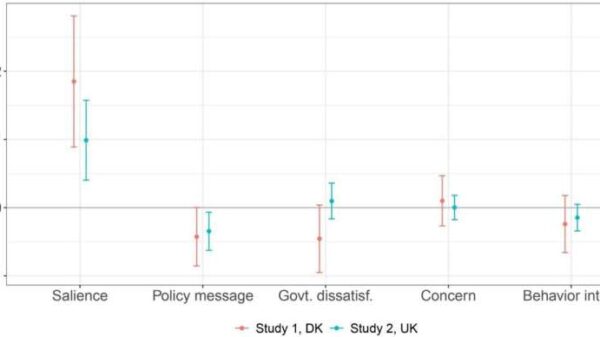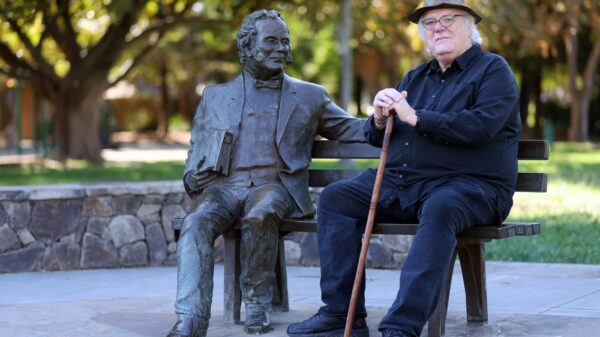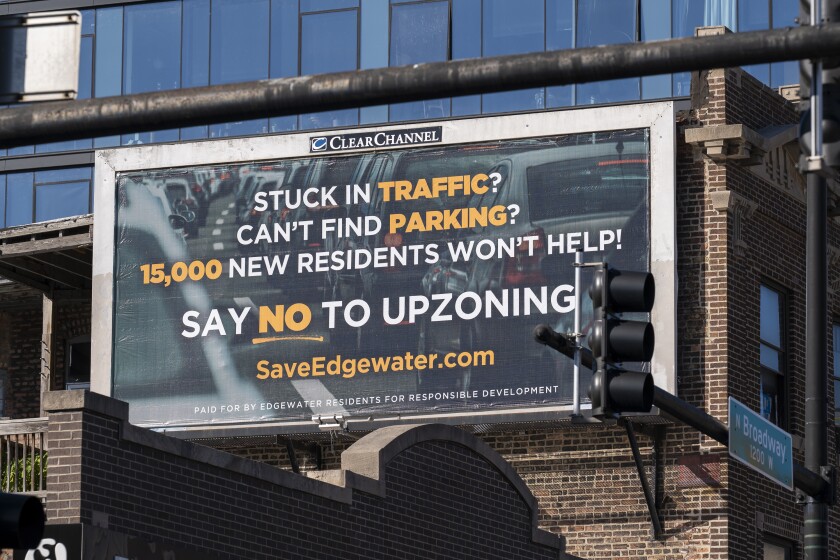UPDATE: A critical vote on a contentious rezoning proposal for Broadway in Edgewater is set for October 10, 2023, at the City Council’s Committee on Zoning, Landmarks and Building Standards. This urgent hearing follows months of delays and fierce community debate over plans that could reshape a vital commercial corridor.
The proposal from Ald. Leni Manaa-Hoppenworth (48th Ward) aims to rezone both sides of Broadway from Montrose to Devon avenues, paving the way for new mixed-use developments of up to eight stories. This change could allow significant residential and commercial growth along a street currently characterized by a mix of small shops, larger retailers like Whole Foods, and various apartment configurations.
The most controversial aspect of the plan includes the area from Devon to just south of Foster Avenue, where developments could proceed without individual review from an alderperson. Advocates, including Mayor Brandon Johnson, argue that these changes will foster economic growth and improve housing options, aligning with community desires for affordable housing and enhanced mass transit.
However, opposition is fierce. The group Edgewater Residents for Responsible Development is mobilizing against what they term “blank-check upzoning,” fearing it will exacerbate traffic congestion and inflate housing costs for local renters and homeowners. “The story here is one of the community being cut out from the beginning,” stated Patricia Sharkey, an organizer for the opposition group.
Manaa-Hoppenworth counters that the community has long sought changes to Broadway. “Most people in this ward since the early 2000s have been talking about changes on Broadway,” she asserted during a recent interview. Supporters believe the rezoning will bring necessary density to the area, which is vital for local businesses.
The City Council is expected to vote on the rezoning ordinances on October 16 if they clear the committee. The stakes are high, as this debate represents broader tensions between development and community interests in urban planning.
Ald. Angela Clay (46th) and Ald. Matt Martin (47th) have also introduced upzoning measures in nearby Uptown, which have generated less controversy and include mandates for affordable housing—20% of units in developments of 10 or more must be set aside for lower-income families.
Critics argue that simply increasing housing supply does not guarantee affordability. “Developers aim for the top end of the market,” warned Sharkey, highlighting concerns that the proposed developments could lead to increased costs for existing residents.
As tensions rise, the local business community is divided. While the Edgewater Chamber of Commerce supports the upzoning for its potential to attract more businesses, some owners fear that rapid gentrification could ultimately threaten their livelihoods. Patricia Staszak, a local business owner, voiced concerns that the proposed changes could “turbocharge land values” and drive up tax bills, further straining family-owned enterprises.
This zoning battle highlights deep-rooted issues of equity and community identity, as well as the struggle for affordable housing in urban environments. The upcoming City Council hearing is poised to be a pivotal moment for Edgewater, with residents and stakeholders closely watching the developments.
As this story unfolds, community members are encouraged to engage in discussions and express their views ahead of the hearing. The urgency of this situation cannot be overstated—this vote could change the face of Broadway for generations to come.




































































